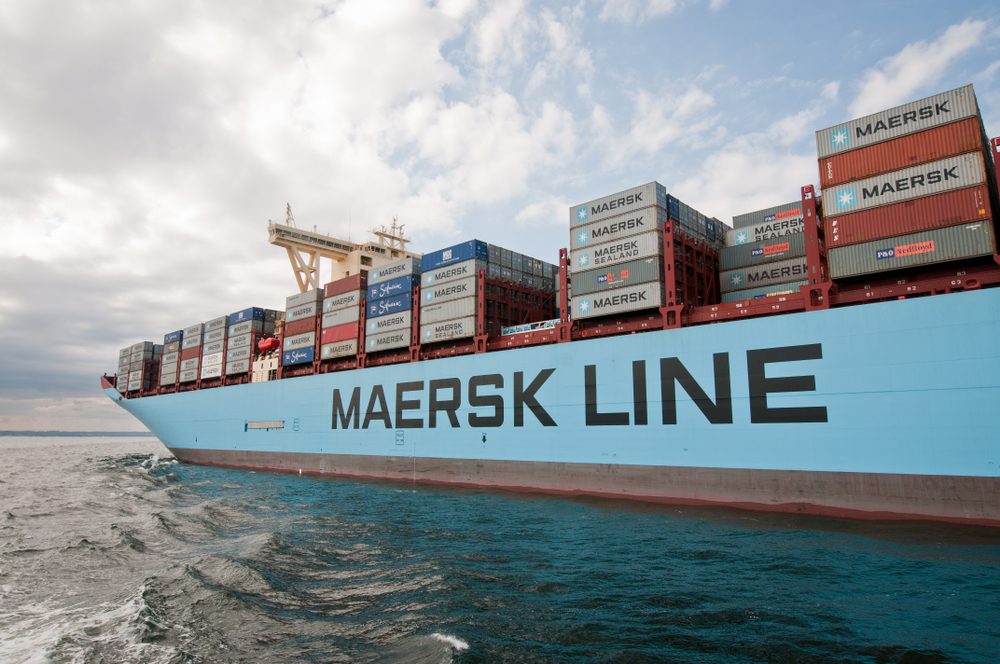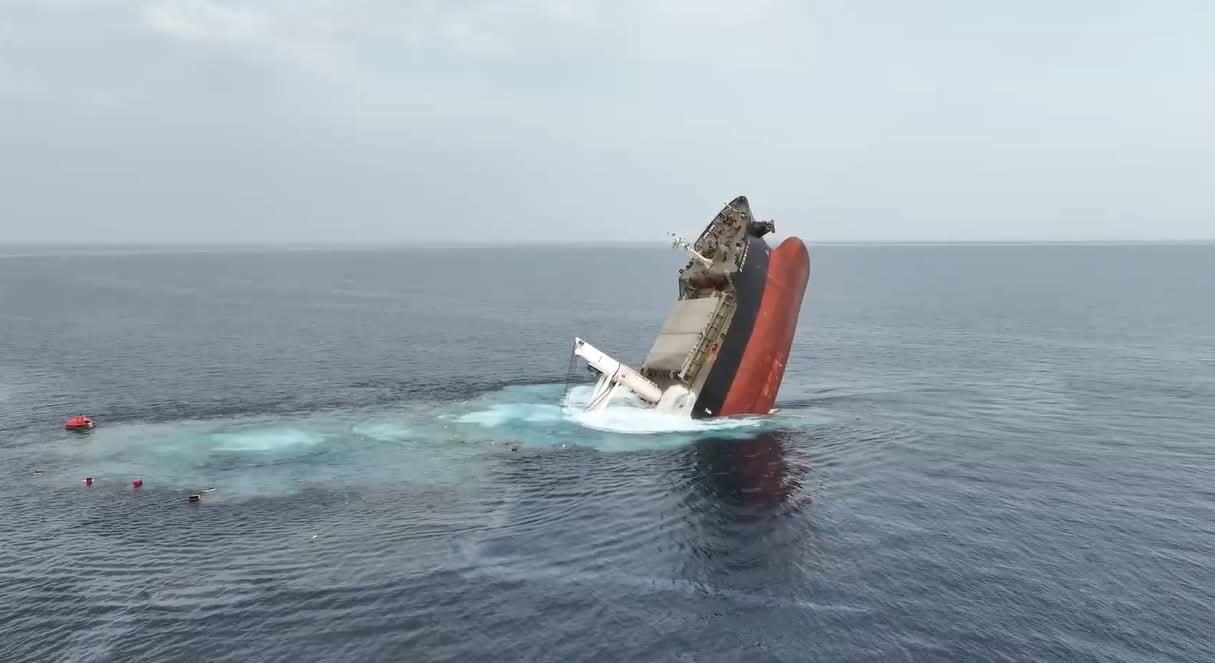Danish shipping conglomerate A.P. Moller – Maersk reported record earnings for 2021 amid high freight rates and disruptions that continue to impact global supply chains, but some normalization is expected in the second half of the year, the company said.
Maersk’s FY2021 revenue jumped 55 percent to $61.8 billion, while EBITDA tripled to $24 billion, Maersk’s highest on record, and free cash flow of $16.5 billion.
The exceptionally strong performance provided Maersk an opportunity to make long-term investments in decarbonization initiatives and also strengthen its position as an integrated logistics provider.
According to Maersk, its Logistics & Services business outperformed market growth with a revenue increase of 41 percent to $9.8 billion, with a good portion coming attributed to organic growth through cross selling to its “Top 200 Ocean” customers. In 2021, Maersk also acquired six businesses within air, e-commerce, warehousing and fulfillment, and opened 85 new warehouses.
Within its Ocean segment, “profitability increased substantially” with revenues hitting $48.2 billion, compared to 429.2 billion in 2020, driven by continued high freight rates due to global supply chains from the pandemic.
“To increase predictability and reliability, capacity was increased both for equipment and vessels, and significant effort was made to prioritise contracted volumes, with long-term contracts now representing 65pct., up from 50pct. a year ago,” Maersk said.
In Terminals, profitability continued to grow in 2021 driven by strong volumes performance and storage income, Maersk said. “With a focus on increased efficiency, utilisation and improving quality through digitisation and automation, return on invested capital (ROIC) increased to 10.9pct. which is above the target of minimum 9pct,” the company said.
“Exceptional market conditions led to record-high growth and profitability in A.P. Moller – Maersk, however it also led to supply chain disruptions and severe challenges for our customers,” commented Søren Skou, Maersk’s CEO. “We spent tremendous efforts in mitigating bottlenecks by expanding capacity across Ocean, improving productivity in Terminals and growing our global logistics footprint. We will continue these efforts as we see the current market situation persist into Q2. At the same time, we see conversations with customers change from procurement-led freight rate discussions to more holistic conversations on how we truly partner to keep supply chains running end-to-end. This clearly validates our strategy.
The Board of Directors has proposed an ordinary dividend to shareholders of DKK 2,500 per share of DKK 1,000, representing an ordinary dividend yield of 10.7 percent (2.4pct. previous year) and 40 percent of the net underlying profit.
“As Maersk has significantly improved the financial performance and progressed on the strategic journey to become an end-to-end logistics company, we have also been able to increase returns to our shareholders. For 2021, the proposed dividend amounts to a truly exceptional DKK 47bn,” said Skou.
Looking ahead, Maersk said it expects the current market situation to continue into Q2 2022, but is now predicting some “normalisation” starting early in the second half of the year. For FY2022, Maersk expects underlying EBITDA of around $24 billion, underlying EBIT of around $19 billion Free cash flow (FCF) of above $15 billion.
“Ocean is expected to grow in line with global container demand, which is expected to grow 2-4 pct. in 2022, subject to high uncertainties related to the current congestion, network disruptions and demand patterns.
“For 2022-2023, the expectation for the accumulated CAPEX is USD 9.0-10.0bn, driven by intensified growth in Logistics & Services and ESG investments. The CAPEX guidance for 2021-2022 of USD 7bn is maintained,” the company said.

 Join The Club
Join The Club











